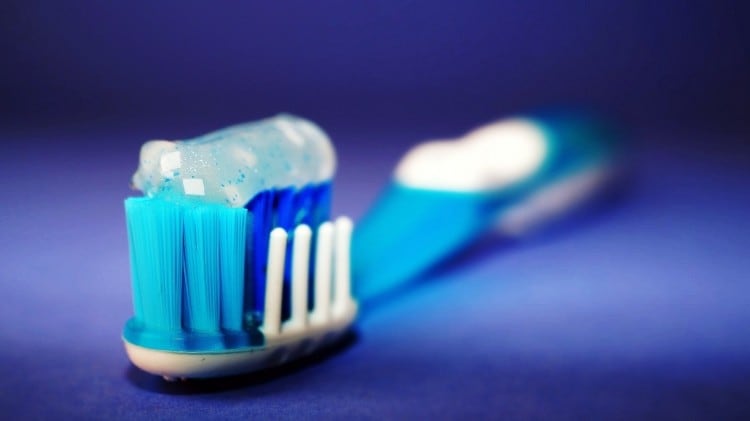Officials at the National Medical Products Association (NMPA) have said that there are a number of such ‘hot products’ on the market, with common claims including "removal of bad breath by anti-Helicobacter pylori".
According to the ‘Regulations on the Supervision and Administration of Cosmetics’, toothpastes can have anti-caries, anti-plaque, anti-dentin sensitivity and gum health improvement claims.
However, products can’t express or imply that it has medical effects, and cannot make false or misleading claims of efficacy.
At present, the State Food and Drug Administration is working on new ‘Toothpaste Supervision and Management Measures’ to tighten regulations for oral care products.
Regulators are particularly alarmed by the latest claims, because Helicobacter pylori mainly exists in the human stomach, and there is no evidence that it is affected by toothbrushing.
The bacteria can damage the tissue in the stomach and the first part of the small intestine, causing inflammation. In some cases it can also cause painful sores called peptic ulcers in the upper digestive tract.
Lack of evidence
NMPA noted in a statement: “In addition, the oral cavity is a complex environment in which various microorganisms such as bacteria coexist. Studies have shown that the possible presence of Helicobacter pylori in the oral cavity is mainly concentrated in saliva and plaque. The correlation between Helicobacter pylori in the oral cavity and periodontal disease, bad breath, gastric cancer and other digestive system diseases has a lack of evidence-based medical evidence.”
Furthermore, it added: “Products such as toothpaste that claim to be ‘anti-Helicobacter pylori’ may contain broad-spectrum bacteriostatic agents. If a broad-spectrum antibacterial agent is used in large quantities for a long time, it may lead to the disorder of the oral flora, which is not conducive to oral health.”
In terms of the science behind bad breath and Helicobacter pylori, a meta analysis did find a ‘clear correlation’, although it should be stressed that there is no evidence to show how toothpaste could alleviate the problem.
Researchers compiled data from 21 studies and discovered that: “There is clear evidence that H pylori infection correlates with halitosis. H pylori infection might be important in the pathophysiological mechanism of halitosis, and H pylori eradication therapy may be helpful in those patients with refractory halitosis.”





